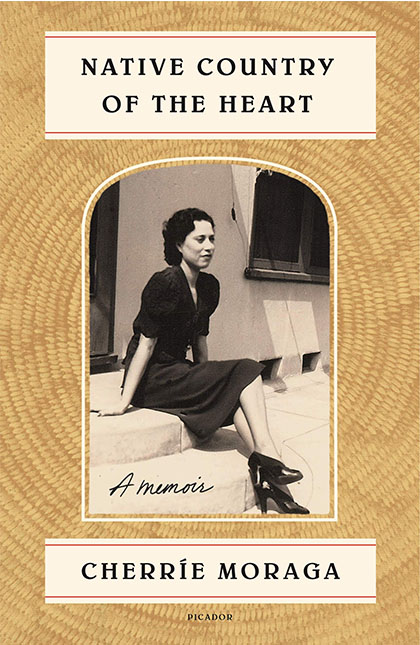
First-Person Latinx writers bring are a welcome voice of the journey
From Ordinary Girls to Native Country, the most heartfelt and painful heroic journeys are told by some of the key voices of Latinx narrative.
"Fear makes us liars," Carmen María Machado once said. In these harsh memoirs, she recounts the abusive relationship she had with her ex-girlfriend, from the time when they were both young and ambitious writers to the point when their relationship turned sour and the abuse began. It's an intragender violence that often shakes and transforms the memory and leaves us mute. Until, like Machado, we are able to raise our voices.
Narrated in the second person, the story is made of snippets that form a terrifying puzzle about victims and perpetrators beyond gender.
Cherríe Moraga opens the door to her most intimate and familiar world in a memoir that delves into the story of her own mother, Elvira, born in Tijuana and suffering from Alzheimer's, as well as into the childhood of Cherrie and her siblings on the border. The story also includes Moraga's attempts to clarify her own identity as a queer and mestizo woman, while searching for her origins.
RELATED CONTENT
The book is a moving and sincere account of generational traumas and how the people around us are a kind of homeland, just like memory.

In this journey to brutal maturity and without a cold shoulder, Jaquira Díaz introduces us to an unconventional Puerto Rican family moving to Miami, where the young Jaquira must face tremendous vital blows: sexual violence, drug abuse, depression and suicidal tendencies. And yet, as in every journey of the hero, there is always a glimmer of hope and improvement. But above all, there is struggle.

A mix of essays and poems make up this migration story told by Claudia D. Hernández about her childhood in Guatemala and the harrowing journey she made to California with her mother. A story of existing in two places but feeling at home in neither, Hernández masterfully reflects on the double identity and the problems of young migrants to fit into a climate as tense as the current one, when the origin becomes something diffuse.












LEAVE A COMMENT: